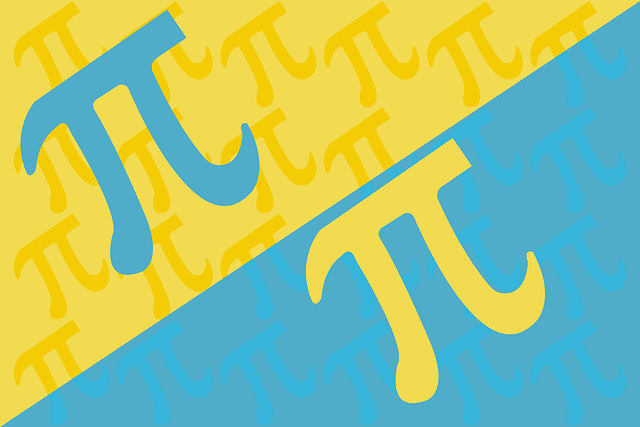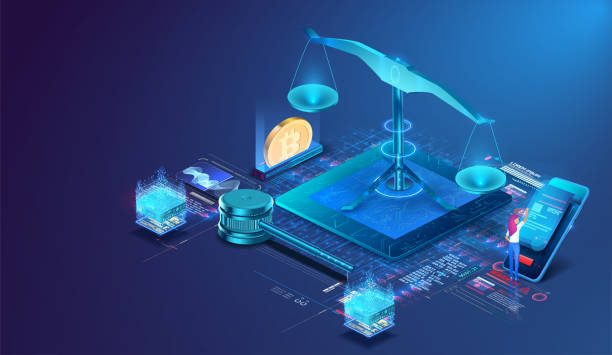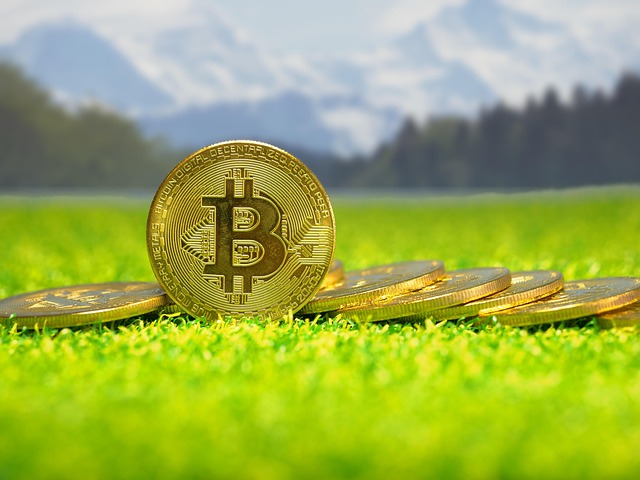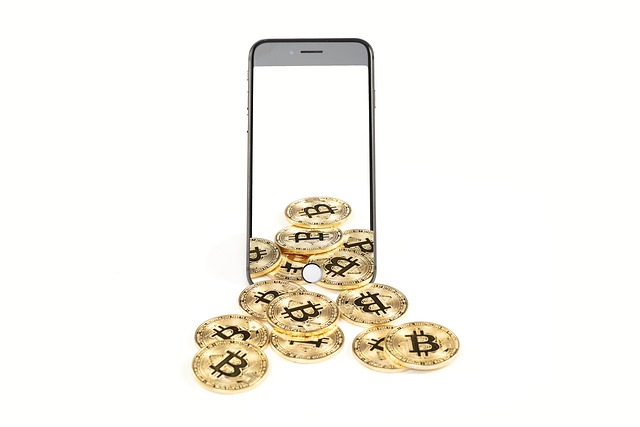Pi Network has become a household name in the world of
cryptocurrency, especially among Nigerian users who are actively mining Pi tokens using their mobile phones.
But a key question lingers among both new and experienced users:
Is Pi Network Really Decentralized?
As the project continues to grow and attract millions of users
globally, understanding its level of decentralization is important to evaluating its legitimacy,
transparency, and future potential.
In this article,
I will show you the decentralization claims of the Pi Network, compare them with industry standards,
and provide a comprehensive view of the current status of Pi’s ecosystem.
What Is Pi Network?
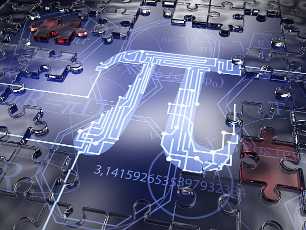
Pi Network is a mobile-first cryptocurrency project launched by
Stanford PhDs with the mission of making crypto mining more accessible.
Unlike Bitcoin or Ethereum, which require powerful mining rigs, Pi allows users to mine tokens using a mobile app.
Must Read: Pi Network Consensus 2025 – Pi Network Partnership With CoinDesk: What Nigerians Should Expect
The simplicity of the project has attracted a large Nigerian
community, many of whom are first-time crypto users.
But simplicity alone isn’t enough.
The big question remains: how decentralized is the Pi Network?
What Does “Decentralized” Mean In Cryptocurrency?
Before diving deep into Pi Network’s structure, let’s first
understand what decentralization means in the crypto world.
In cryptocurrency:
- ✅Decentralization refers to a system where control, decision-making, and data are distributed across multiple participants rather than being managed by a central authority.
- ✅In truly decentralized networks like Bitcoin or Ethereum, anyone can join the network, validate transactions, and contribute to decision-making through consensus mechanisms.
So,
when we ask “Is Pi Network really decentralized?” we are essentially evaluating how much control the
core team has and how much power is given to the community.
Pi Network’s Vision Of Decentralization
The Pi Core Team claims that decentralization is part of their long-term roadmap. They have stated that:
- ✅The network is currently in an Enclosed Mainnet phase, where transactions are limited within the Pi ecosystem.
- ✅Decentralization will be gradually implemented once the network reaches maturity and more community validators (called Nodes) come online.
[Click Here To Start Mining Pi]
However,
critics argue that:
- ✅The current phase gives too much control to the Pi Core Team.
- ✅Users have limited visibility into how decisions are made.
This leads to the ongoing debate: “Is Pi Network truly decentralized or just partially?”
Understanding Pi Network Nodes
A major part of decentralization is the presence of nodes.
Pi Network encourages users to run desktop software known as Pi Nodes, which help secure the network.
But how many Nigerians actually run Pi Nodes?
- According to the community feedback, only a small fraction of the user base operates nodes.
- The majority mine Pi through mobile phones, which do not contribute to decentralization directly.
This raises questions:
- Is the network sufficiently decentralized if few nodes exist?
- Will Nigerians be willing to run nodes on their computers once incentives are clearer?
The Pi Blockchain: How Transparent Is It?
Another factor in decentralization is transparency.
As of now:
- Pi Network uses a modified version of the Stellar Consensus Protocol (SCP).
- The full blockchain explorer is not yet publicly available.
This means:
- Users cannot verify transactions independently.
- They must trust the information provided by the Core Team.
True decentralization would allow any user in Nigeria or globally to independently view and verify transaction history.
Must Read: Buy Bitcoin In Nigeria: A Comprehensive Guide For Beginners
Pi Network vs Bitcoin And Ethereum: A Quick Comparison
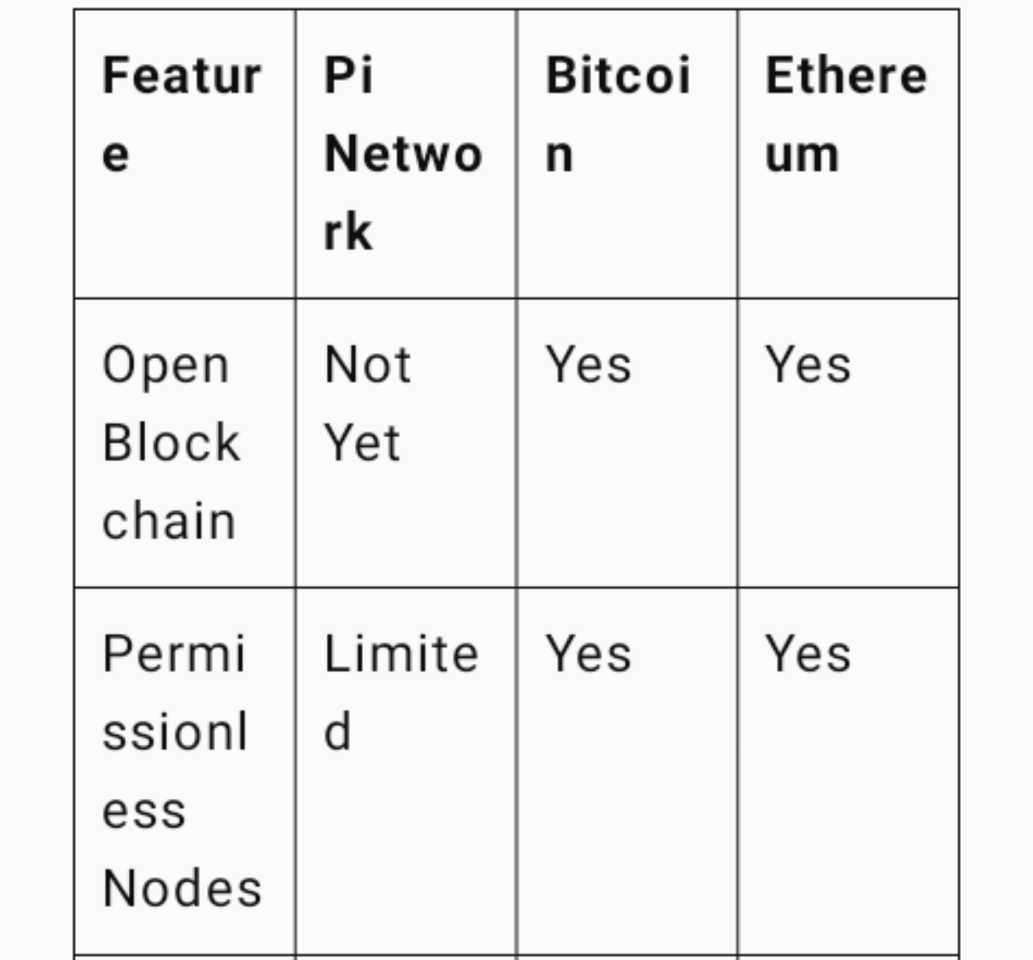
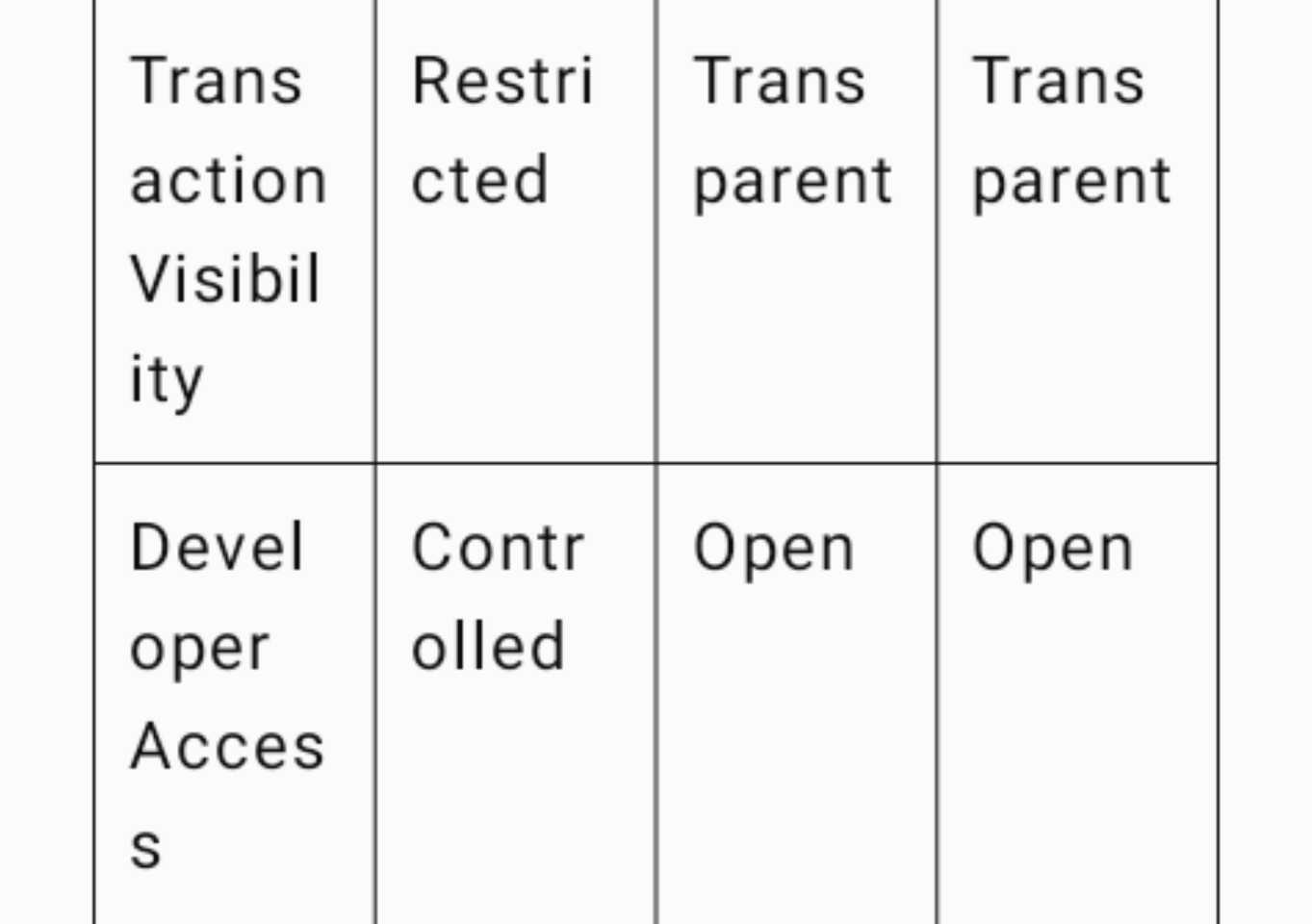
From the table above, it’s clear that while Pi Network has plans to decentralize,
it hasn’t reached the level of openness seen in Bitcoin or Ethereum.
Why Decentralization Matters For Nigerians
In Nigeria, trust in financial institutions is low. People want:
- Control over their own money
- Transparent systems that don’t rely on a single authority
If Pi Network can truly decentralize:
- It can build greater trust
- More Nigerians may use it as a store of value or a transaction medium
But if decentralization doesn’t happen:
- Pi might just be another centralized app with limited freedom
The Road Ahead: Pi Network’s Decentralization Plan
The Core Team has outlined a roadmap that includes:
- Expanding the number of active Nodes globally
- Opening the blockchain to public access
- Introducing open-source tools for developers
- Enabling peer-to-peer transactions outside the Pi app
But timelines have not been clearly defined, and users are still waiting.
Can Pi Network Become Fully Decentralized?
There is potential. With over 35 million users globally, and a large Nigerian base, the user demand is there.
However,
it depends on:
- 👉How transparent the Pi Core Team becomes
- 👉How quickly they hand over decision-making to the community
- 👉How easily users in Nigeria can run full nodes
Click here to get started
[This is where you can add your Pi Network referral or affiliate link for readers who want to join the network.]
Must Read: Best Cryptocurrency Wallet In Nigeria
Conclusion:
- So, is Pi Network really decentralized?
Not yet.
But it’s trying to be.
While the vision is promising, and the mobile mining concept is innovative,
full decentralization requires more action:
- 👉Opening up blockchain data
- 👉Enabling more public participation
- 👉Giving Nigerians and other users the tools to truly control and validate the network
Until these steps are taken, Pi Network will remain in a semi-decentralized phase.
Still, it’s a project worth watching.
And if decentralization becomes a reality, Nigerians will be among the biggest beneficiaries.
Frequently Asked Questions (FAQs)
1. Is Pi Network fully decentralized?
No,
Pi Network is not fully decentralized yet.
It is still controlled largely by the Core Team.
2. Can I run a Pi Node in Nigeria?
Yes,
but you’ll need a stable internet connection and a computer to run the desktop Node software.
3. Will Pi Network list on exchanges?
The team has hinted at future listings, but there’s no official date yet.
4. Why is decentralization important for Pi Network?
It ensures that power is not concentrated in the hands of a few.
It also increases trust and adoption.
5. How can I earn from Pi Network?
By mining daily and referring others using your referral or affiliate link.
Over To You:
What do YOU think about Pi Network and its decentralization journey?
Do you believe the Core Team will actually decentralize the network?
Let us know in the comments. If you’ve mined Pi or run a node, we want to hear your experience!
Also, share this article with your friends so more Nigerians can learn about the truth behind Pi Network.
Click Here Get Started With Mining.







